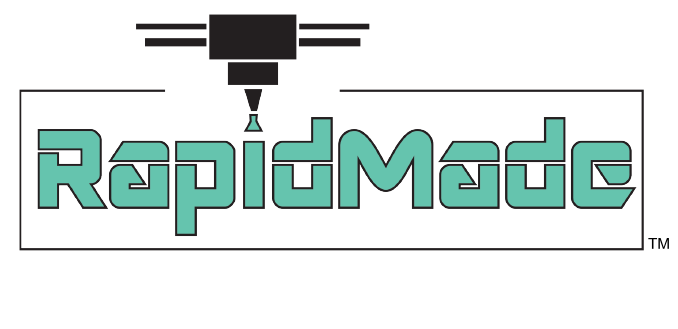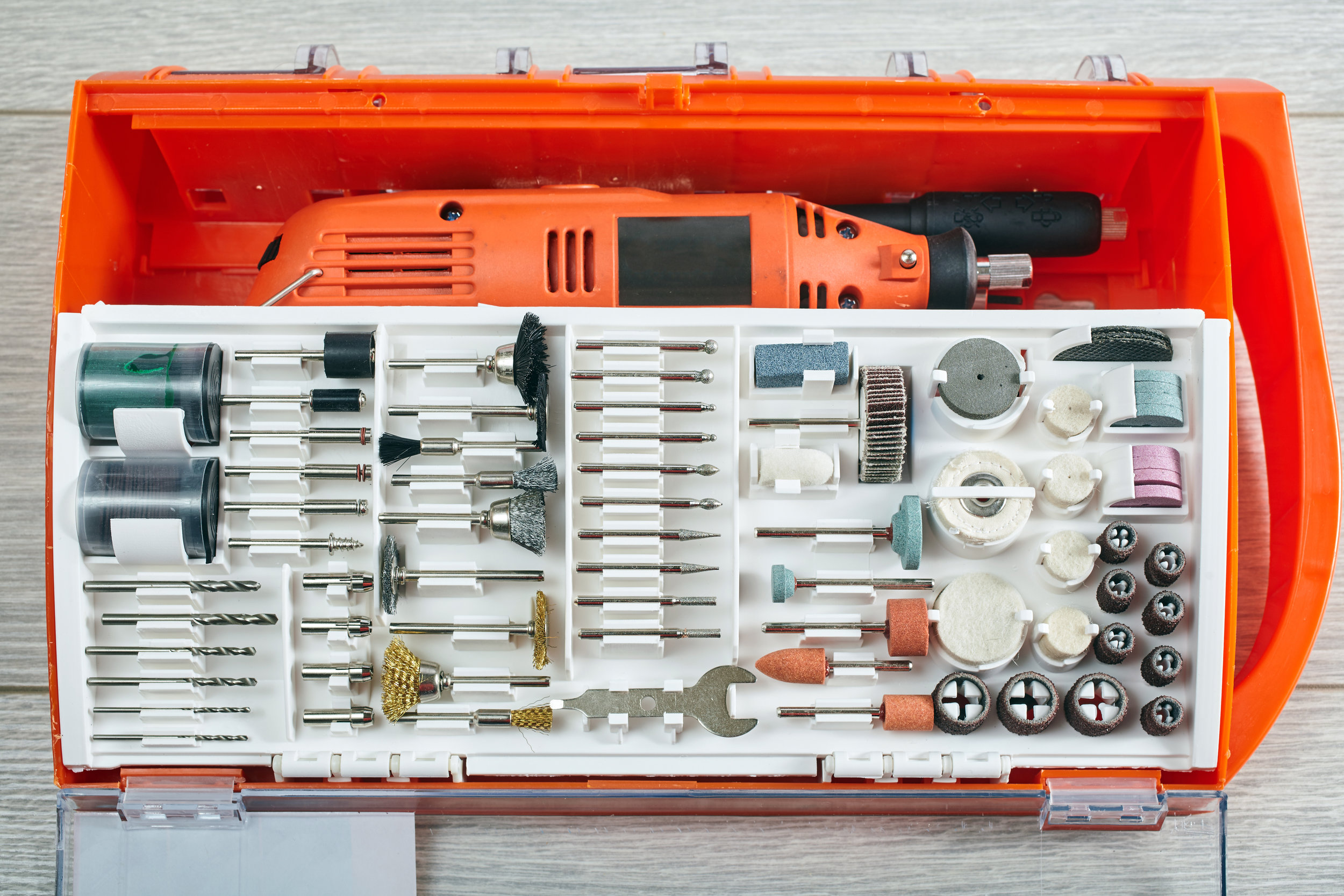Rapid Thermoformed Trays – Applying 3D and 2D Printing Technology to Create Unique Solutions
A RapidMade White Paper
By: Marriah Pilcher
The cost advantages and creative applications of thermoforming, or vacuum forming as it is also known, are accelerating its use in multiple industries including manufacturing and medicine. Recently, in a new study on medical trays, they found that thermoforming customized trays for procedures cut prep and operation times by 59% and lowered expenses. Having these customized trays better organizes procedures and improves medical staff utilization.
These unique trays are being adopted by various industries including manufacturing, medical, aerospace and other fields. Thermoforming customizable trays to fit tools, parts and equipment better organizes production runs, maintenance activities, and operational procedures thereby significantly:
- cutting work times
- reducing space requirements
- improving inventory control and tool transportation
- improving safety and sanitation conditions
Conveniently keeping all the tools and parts needed, organized, compact and ready to go, enables employees to quickly check items in and out and ensure they have everything they need before reporting to the work site.
When this occurs the 5S in a LEAN workplace - sort, set in order, shine, standardize and sustain, can be met with ease.
A new breed of additive manufacturer is combining 3D printing technology with vacuum or thermoforming to create solutions for these 5S challenges in a cost-effective way. RapidMade will offer these custom trays in quantities up to 5,000 with MOQ (minimum order quantities) of 50, turnaround times from quote to 1st article of less than 10 days and the option to provide recurring small quantity batches with no additional set up fees. Design Guidelines for the types of trays being offered are broad:
- Forming Area Bed size of 20" x 18" with a deep draw of 11.5"
- A wide plastic variety of plastics can be used including PETG, HIPS, ABS, PC, Acrylic, TPO as well as food-safe materials.
- A range of plastic gauges from 0.020" to 0.250" thick are available
And custom forming for special components within the tray is achieved by following some simple rules:
- Forming windows are 12" x 12" and 6" x 6" to reduce material consumption for smaller parts.
- Draft for Female molds is preferred to be 5 degrees or greater and for Male molds are preferred to be 8 degrees or greater.
This is a fast and low-cost way of creating these trays. The step-by-step process combines engineering, forming and additive manufacturing knowledge to create the solution. The dimensions of the tool are determined by 3D software modeling. Using additive manufacturing the tool can be produced directly from the 3D model at a fraction of the price and time compared to traditional steel or aluminum machining processes. This allows the entire process of selecting, designing and producing these trays to be completed in days rather than weeks without sacrificing customization.
The 3D Printed tool on the left with the thermoformed tray using a heat resistant Stretch-able ink is on the right.
Similarly, we found a company who is uniquely combining 2D pre-printed images and 3D printed tooling technology to create eye catching effects, highlight details or spot color text and components on trays and vacuum formed parts. In the above photo the thermoformed tray mirrors a wood-grain finish. This is achieved by using a stretch-able ink that is printed onto the plastic before it is formed. With this capability, the end customer can print colors, effects, text, and images. Printing before forming reverses the order of a traditional manufacturing process which helps lower cost and time to produce. This application has many potential uses in the manufacture of thermoformed trays and parts.
These examples show how a new breed of manufacturing companies are using additive, digital and traditional technologies to create unique, customized, on demand, small batch run solutions. If you have dismissed vacuum thermoforming trays and parts as too expensive in the past, it might be time to take another look.



